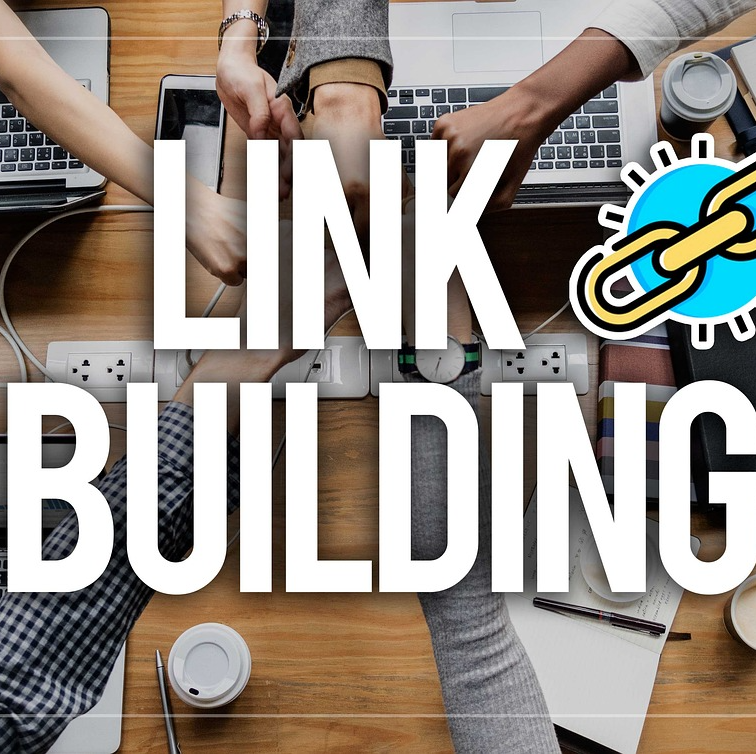Key Takeaways
-
Developing an ownership mindset transforms how you perceive, pursue, and celebrate every business achievement.
-
True ownership is about responsibility, accountability, and long-term thinking that redefines how you measure success.
The Core of Ownership Thinking
An ownership mindset is not about holding equity; it is about behaving as if you do. It changes how you approach decisions, handle challenges, and measure progress. In 2025, as businesses evolve faster than ever, cultivating this mindset separates resilient entrepreneurs from those who merely react to circumstances. When you think like an owner, you stop waiting for opportunities and start creating them.
Ownership thinking begins with one question: If this were entirely mine, how would I act? This single shift pushes you to take responsibility for outcomes, not just tasks. You stop pointing fingers and start finding solutions. You stop chasing recognition and start building something that lasts.
The Power of Accountability in Modern Entrepreneurship
In today’s business environment, accountability is your greatest competitive advantage. When you adopt ownership thinking, accountability becomes internalized—it is not something enforced by others. You start holding yourself to higher standards because you understand that every decision contributes to the business’s success or decline.
You no longer see failure as a reason to retreat but as a prompt for improvement. Accountability transforms setbacks into data, not defeat. It shifts your focus from what went wrong to what must be fixed. The mindset is not punitive but proactive. Owners take responsibility not because they have to, but because they want to ensure the business moves forward.
Why Ownership Changes How You Earn Every Win
When you develop ownership thinking, the meaning of success changes. Wins are no longer measured by applause or short-term milestones but by sustainable growth and long-term impact. You begin to see every success as something earned through consistency, not luck.
An employee mindset often seeks reward first and responsibility later. An ownership mindset reverses that order. You invest your energy before expecting results, understanding that true rewards follow responsibility. Every accomplishment feels earned because it was built through deliberate effort, calculated risk, and a commitment to excellence.
Ownership also alters your emotional relationship with success. You stop chasing quick wins and start pursuing meaningful progress. You begin celebrating not just outcomes but the discipline it took to achieve them. Every win becomes a mirror of your persistence, focus, and integrity.
From Short-Term Gains to Long-Term Legacy
An ownership mindset compels you to think beyond quarterly results or annual growth. It forces you to consider how today’s decisions will echo in three, five, or even ten years. The greatest entrepreneurs of the current era are not only thinking about profit margins; they are designing systems that outlast them.
Thinking long-term means investing in relationships, culture, and innovation that endure. You begin to see people as partners rather than employees and problems as opportunities to refine the system. The shift is from short-term gratification to long-term stability. Every decision becomes a strategic move toward sustainable success rather than temporary advantage.
1. Taking Ownership of Time
The way you manage time reflects your ownership mindset. Owners treat every hour as an investment. They understand that wasted time compounds losses, just as consistent focus compounds results.
You stop viewing deadlines as pressures and start seeing them as commitments to yourself and your team. Ownership of time means showing up fully engaged, not half-interested. It requires discipline, structure, and consistency—the same ingredients that build any successful business. In 2025, where distractions are endless, mastering your time is equivalent to mastering your outcomes.
2. Taking Ownership of Decisions
Decision-making is where ownership thinking truly reveals itself. When you think like an owner, indecision feels more dangerous than making the wrong choice. You recognize that clarity comes from action, not hesitation.
Owning decisions means accepting both the outcomes and the lessons that follow. It also means trusting your judgment while remaining humble enough to adjust course when evidence demands it. In practice, this mindset leads to faster problem-solving, clearer communication, and a culture where progress replaces perfectionism.
3. Taking Ownership of Growth
Personal growth and business growth move in parallel. When you grow as a leader, your organization follows. Ownership thinking demands that you constantly upgrade your knowledge, skills, and mindset. You cannot expect your team or your results to evolve if you remain static.
In 2025, continuous learning is not optional—it is essential. Owners invest in learning the way others invest in comfort. They read, observe, test, and refine. They know that stagnation is silent decline. Taking ownership of growth means being curious, adaptable, and unafraid to challenge what you already know.
Building a Culture of Ownership Within Teams
You cannot sustain a business driven by ownership thinking if it only exists in you. To scale impact, you must cultivate this mindset within your team. That means replacing instruction with trust, control with empowerment, and micromanagement with accountability.
A team that thinks like owners behaves differently. They take initiative without waiting for permission. They seek improvement instead of direction. They measure success not by hours worked but by value created. As the founder or leader, your job is to set this cultural tone—to make ownership the default expectation, not the rare exception.
Creating such a culture requires clarity of purpose. People must understand why their work matters and how it contributes to the bigger picture. When purpose aligns with accountability, performance becomes self-regulated. You stop managing behavior and start managing outcomes.
Turning Responsibility into Freedom
One of the paradoxes of ownership is that greater responsibility brings greater freedom. When you take full responsibility for results, you gain control over your direction. You are no longer dependent on external validation or luck; your outcomes reflect your choices.
In business, this freedom manifests as autonomy. You make decisions confidently, pivot strategically, and lead with conviction. You stop fearing uncertainty because you realize control lies not in circumstances but in commitment. Freedom is the byproduct of responsibility—earned, not granted.
The Emotional Strength Behind Ownership Thinking
Ownership requires emotional endurance. It means staying calm when others panic, proactive when others hesitate, and accountable when others deflect. In 2025’s volatile business landscape, emotional steadiness is a currency few possess.
You build this strength by separating emotion from evaluation. Instead of reacting impulsively, you assess outcomes objectively. When things go wrong, you respond with analysis, not blame. When things go right, you acknowledge effort before celebrating outcome. This balance preserves perspective and prevents ego from steering decisions.
The emotional strength of ownership thinking turns obstacles into proving grounds for resilience. It keeps you grounded through highs and composed through lows, ensuring that each win is earned through control, not chaos.
How Ownership Mindset Affects Motivation
Motivation built on external rewards fades. Motivation built on ownership lasts. When you think like an owner, your drive comes from within—the desire to see your vision realized, not merely rewarded. You no longer need to be pushed because your purpose pulls you.
This intrinsic motivation fuels consistency. Even when progress feels slow, the ownership mindset keeps you aligned with your long-term goals. It prevents burnout because your actions are connected to meaning, not just output. Every milestone, big or small, becomes a personal victory tied to effort and accountability.
The Ripple Effect: From Individual to Organization
The moment you adopt an ownership mindset, it influences everyone around you. Your team mirrors your behavior. If you approach every challenge with discipline and initiative, they learn to do the same. Leadership by example becomes your most effective management tool.
Over time, this creates an organization where initiative replaces inertia, and accountability replaces excuses. You will notice meetings become shorter, execution becomes sharper, and innovation becomes natural. Ownership is contagious—once introduced, it spreads quietly but powerfully.
The Long-Term Payoff of Ownership Thinking
The rewards of an ownership mindset compound over time. In the first year, it builds reliability. Within three years, it creates stability. Over five years, it establishes a reputation for excellence. By the ten-year mark, it defines your legacy.
Every small act of responsibility you take now accumulates into long-term equity—both financial and reputational. In the entrepreneurial world, that equity becomes your true advantage. Markets may fluctuate, industries may change, but ownership thinking ensures your adaptability and relevance.
Turning Insight into Action
To integrate ownership thinking into your daily routine, start with clarity. Define what you truly own in your role, your decisions, and your outcomes. Write it down. Then align your actions to reflect that ownership. Review your commitments weekly. Track your progress monthly. Assess your growth quarterly.
Within six months of consistent practice, you will notice a visible shift—not just in results, but in confidence. You will begin to operate less reactively and more strategically. Over twelve months, that shift compounds into leadership credibility. Ownership becomes not just what you do, but who you are.
The Responsibility That Redefines Every Win
When you adopt an ownership mindset, every win carries deeper meaning. You see victories not as isolated events but as reflections of sustained discipline and accountability. The pride you feel is not from outperforming others but from honoring your own standards.
Ownership thinking turns work into purpose, success into legacy, and challenges into proving grounds. It transforms how you earn every win—not by chance or applause, but through deliberate, consistent action that builds something enduring.











